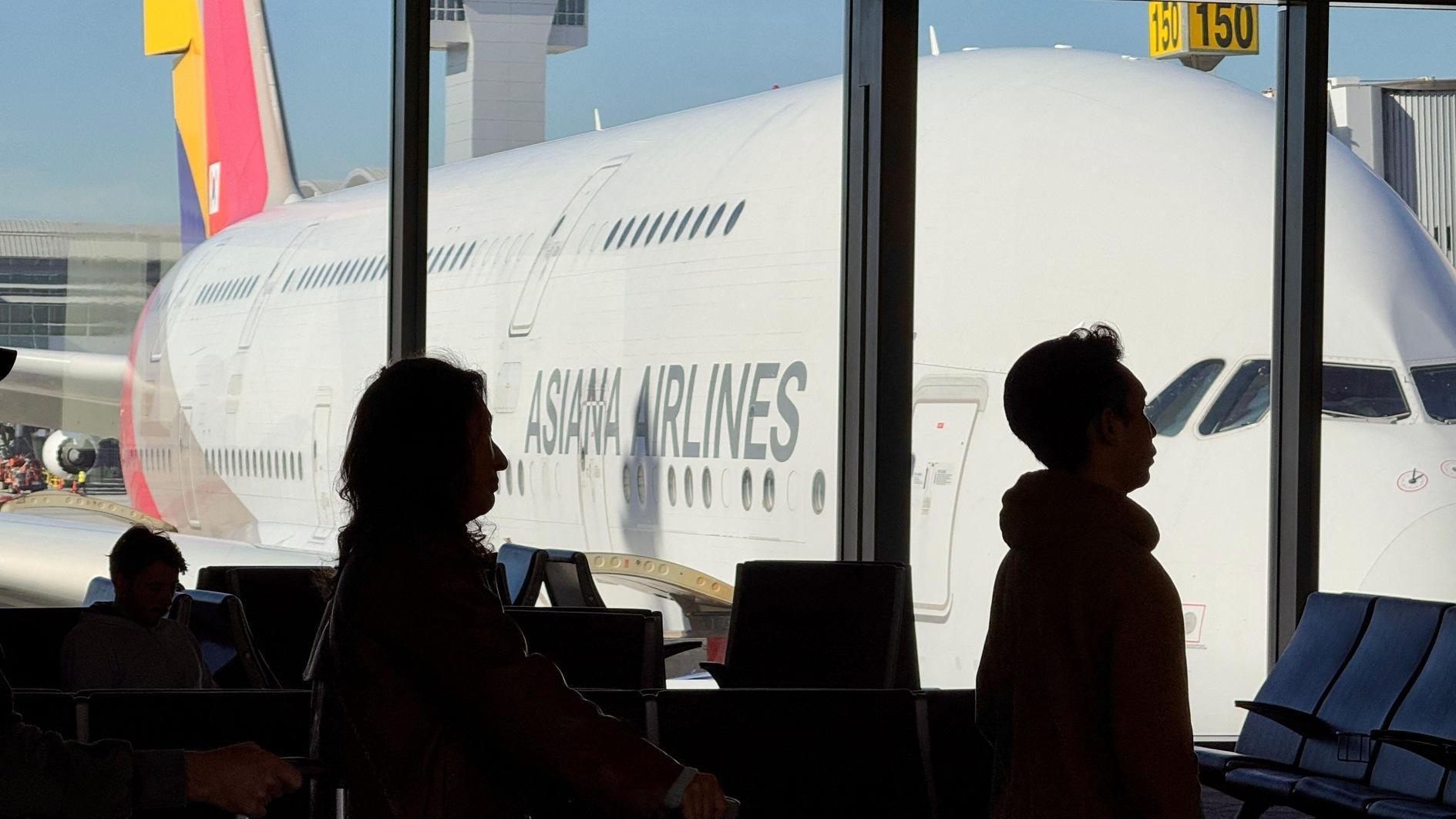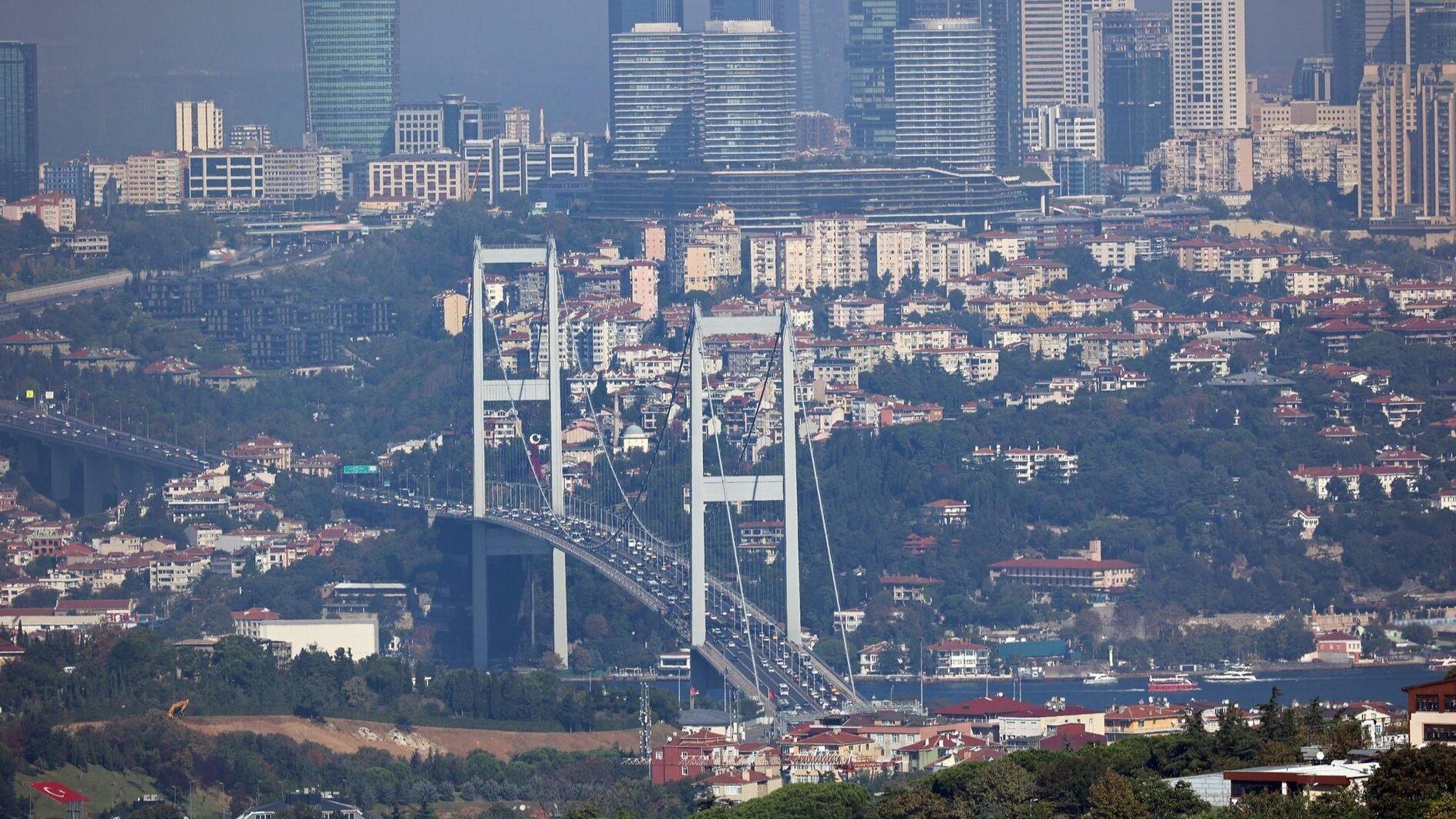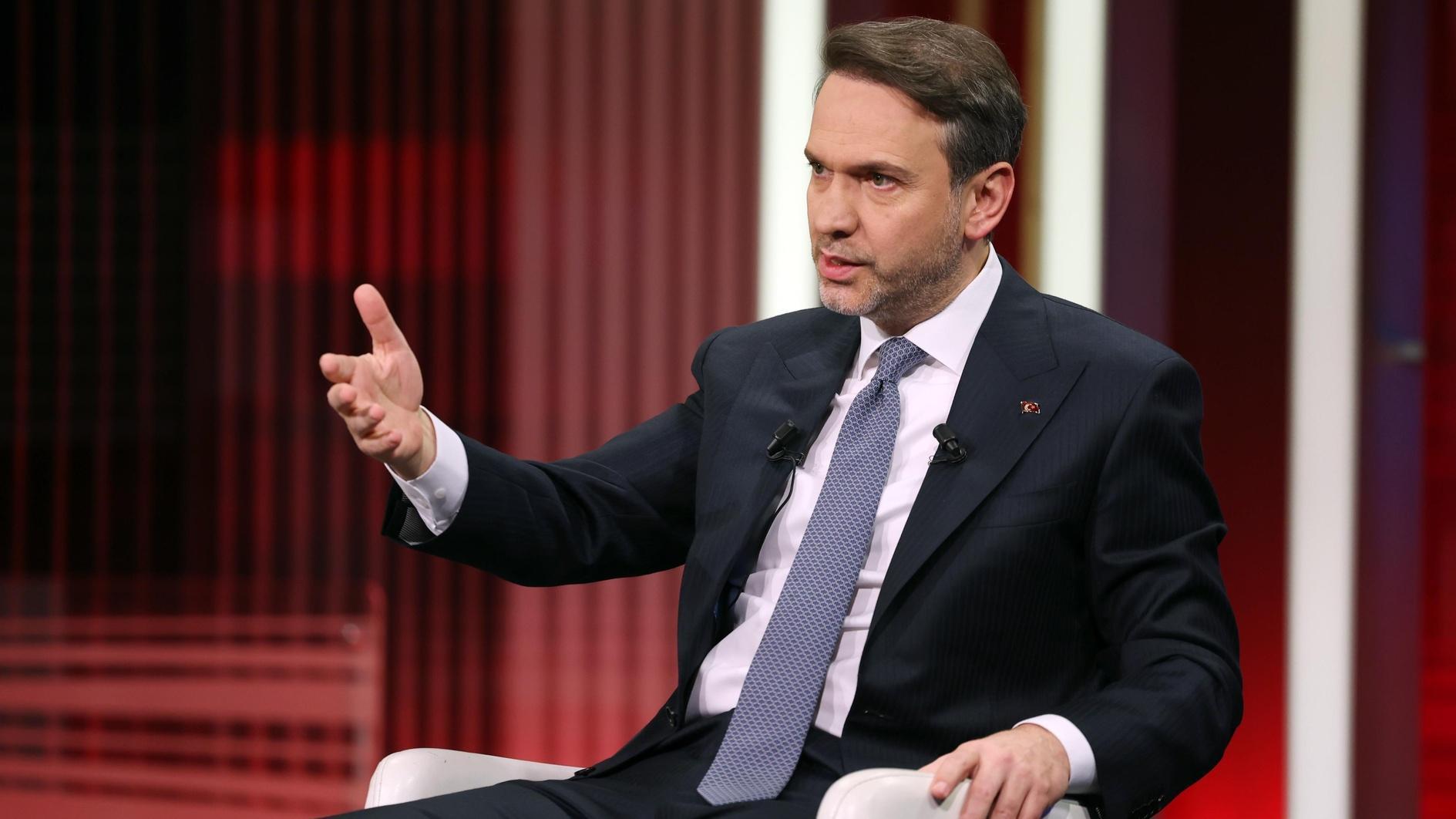Turkish PM changes Cabinet amid peace process
ANKARA - Hürriyet Daily News
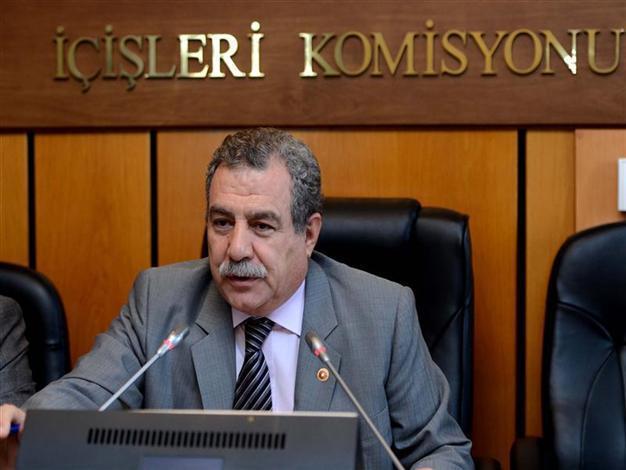
Former Istanbul Governor Muammer Güler was appointed as Interior Minister. AA photo
A long-expected Cabinet reshuffle took place late yesterday that included four ministries with the most important change occurring at the Interior Ministry as the much-criticized İdris Naim Şahin left his post to Muammer Güler, a Mardin deputy of the ruling party and a former governor.With the reshuffle, Ömer Çelik, the right arm of Prime Minister Recep Tayyip Erdoğan, joined the Cabinet for the first time since 2002. The changes came at a moment when the government launched a new process to reconcile with the country’s Kurds.
Culture and Tourism Minister Ertuğrul Günay was replaced by Ömer Çelik, the head of the Justice and Development Party’s (AKP) foreign relations department; Education Minister Ömer Dinçer by Nabi Avcı and Health Minister Recep Akdağ by Edirne Deputy Dr. Mehmet Müezzinoğlu.
The Cabinet change was announced after Erdoğan submitted changes to President Abdullah Gül during their weekly meeting late yesterday. There are unconfirmed reports that Erdoğan wanted to change more names from the Cabinet but that he was stopped from doing so by Gül.
The timing of the reshuffle is critically important as it came at the outset of the new peace process between the government and Abdullah Öcalan, imprisoned leader of the outlawed Kurdistan Workers’ Party (PKK), with the objective of disarming terrorists and solving the Kurdish question. Removing Şahin from the Cabinet would strengthen Erdoğan’s hand in this process, as the outgoing minister had drawn strong reactions from Kurdish politicians due to his ultranationalist rhetoric.
Although Güler comes from a security-oriented background, he will have a much lower profile in this process. He is known to be a man of duty and he is unlikely to do things without Erdoğan’s knowledge.
Right-hand men in the Cabinet
Çelik will also play an important role in the Cabinet, particularly in the course of this process, as he is one of the leading architects of reconciliation talks with Öcalan.
Avcı was also always among Erdoğan’s A-team from the very beginning and served as his press advisor for years. Likewise, Müezzinoğlu is one Erdoğan’s closest aides and had served as the head of the Istanbul branch of the AKP.
The overall reshuffle shows that Erdoğan wanted to gather his best men around himself, especially at this critical time and on the eve of three consecutive elections slated for 2014.
“The Cabinet reshuffle is at the discretion of our prime minister,” Labor Minister Faruk Çelik told reporters late yesterday. When asked whether the changes included a surprise to him, Çelik replied: “There are 326 deputies. No surprise.”
Günay bid farewell
Hours before the changes were announced, Günay bid farewell to his ministry staff through his Twitter account. Günay found himself abandoned on a number of issues in the last one-and-half year, such as the banning of the State Theaters, or removing the statutes that Erdoğan disliked. Günay entered into the Cabinet after the elections in 2007. He was a former secretary-general of the Republican People’s Party (CHP).
Dinçer oversaw important educational reform to end restrictions on religious vocational schools, but his failure in overcoming the major problem of non-recruitment of new teachers caused problems for the party.
Akdağ was one of the longest-served ministers of the Cabinet, since 2002.
Who is Muammer Güler ?
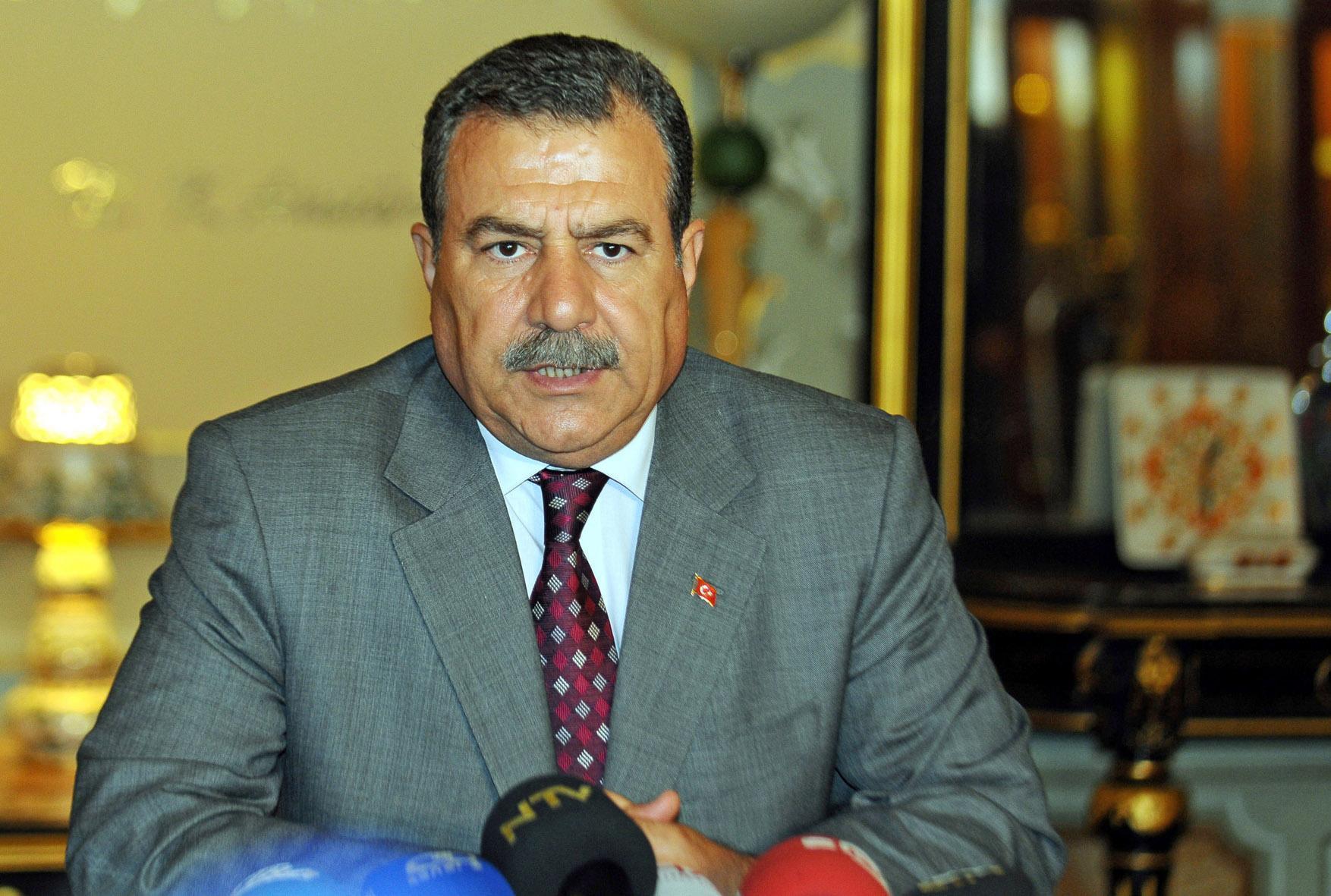 Before the reshuffle, Güler was the head of Parliament’s Interior Affairs Commission. A former senior civil servant in the Interior Ministry, Güler served as Istanbul governor between 2003 and 2010 and faced controversies during his term. The opposition accused Güler of negligence in his duty over the assassination of Turkish-Armenian journalist Hrant Dink in 2007 while he was in office.
Before the reshuffle, Güler was the head of Parliament’s Interior Affairs Commission. A former senior civil servant in the Interior Ministry, Güler served as Istanbul governor between 2003 and 2010 and faced controversies during his term. The opposition accused Güler of negligence in his duty over the assassination of Turkish-Armenian journalist Hrant Dink in 2007 while he was in office. After his governorship, Güler was the public security secretary, an office that was founded as part of the government’s Kurdish initiative strategy in 2010 and is affiliated with the Interior Ministry.
Güler is a deputy from his hometown, Mardin, which is in the southeast of Turkey.
Who is Ömer Çelik ?
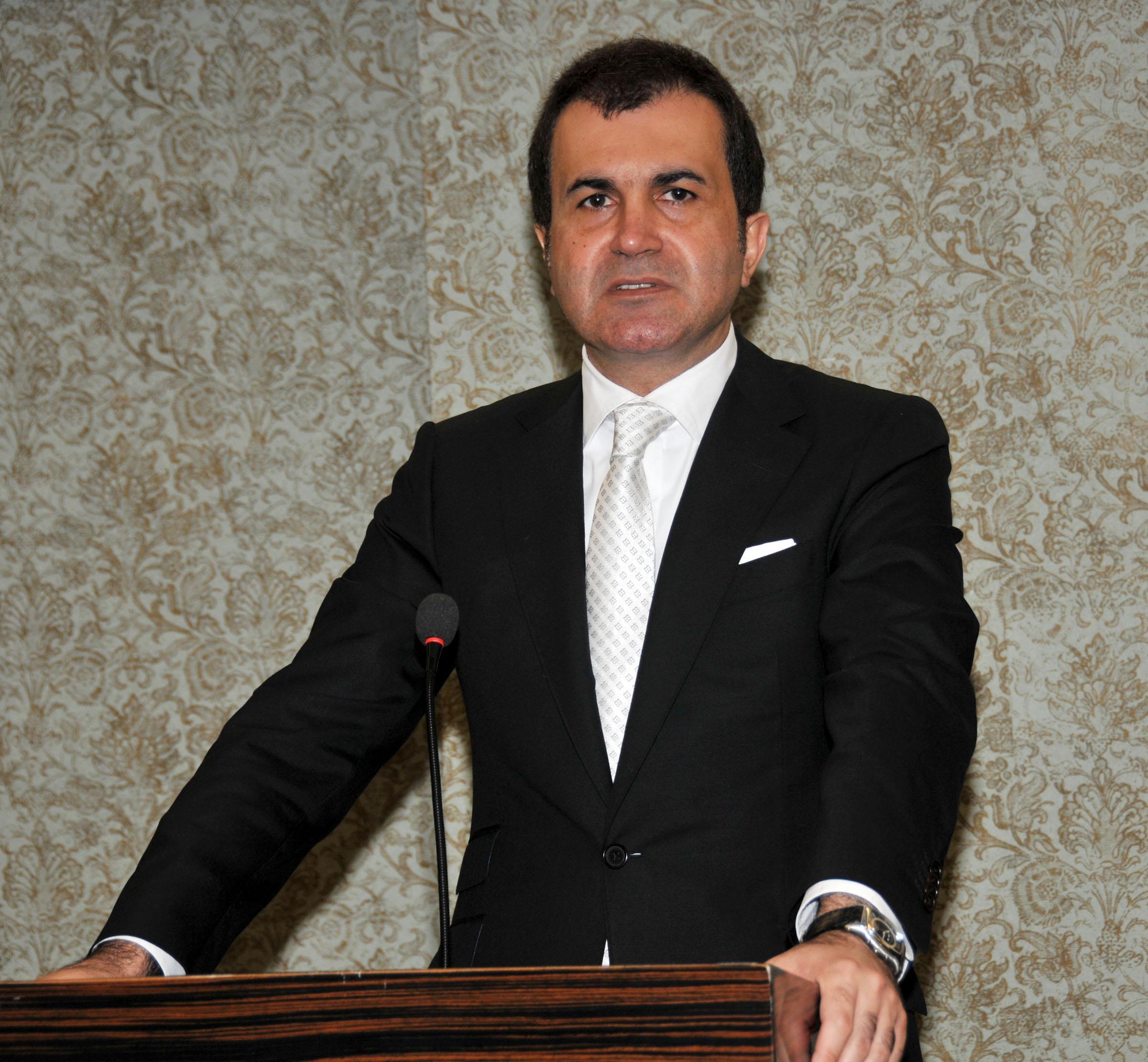 Çelik has served for years as the deputy leader responsible for foreign relations of the AKP.
Çelik has served for years as the deputy leader responsible for foreign relations of the AKP. Çelik had been Prime Minister Recep Tayyip Erdoğan’s political adviser since 2002. A specialist in foreign policy, Çelik is said to be one of the AKP’s most influential ideologues.
Çelik is serving his third term as a deputy from Adana. Çelik has also been appointed twice to NATO’s parliamentary assembly as the representative of the Turkish Parliament. Çelik is fluent in English.
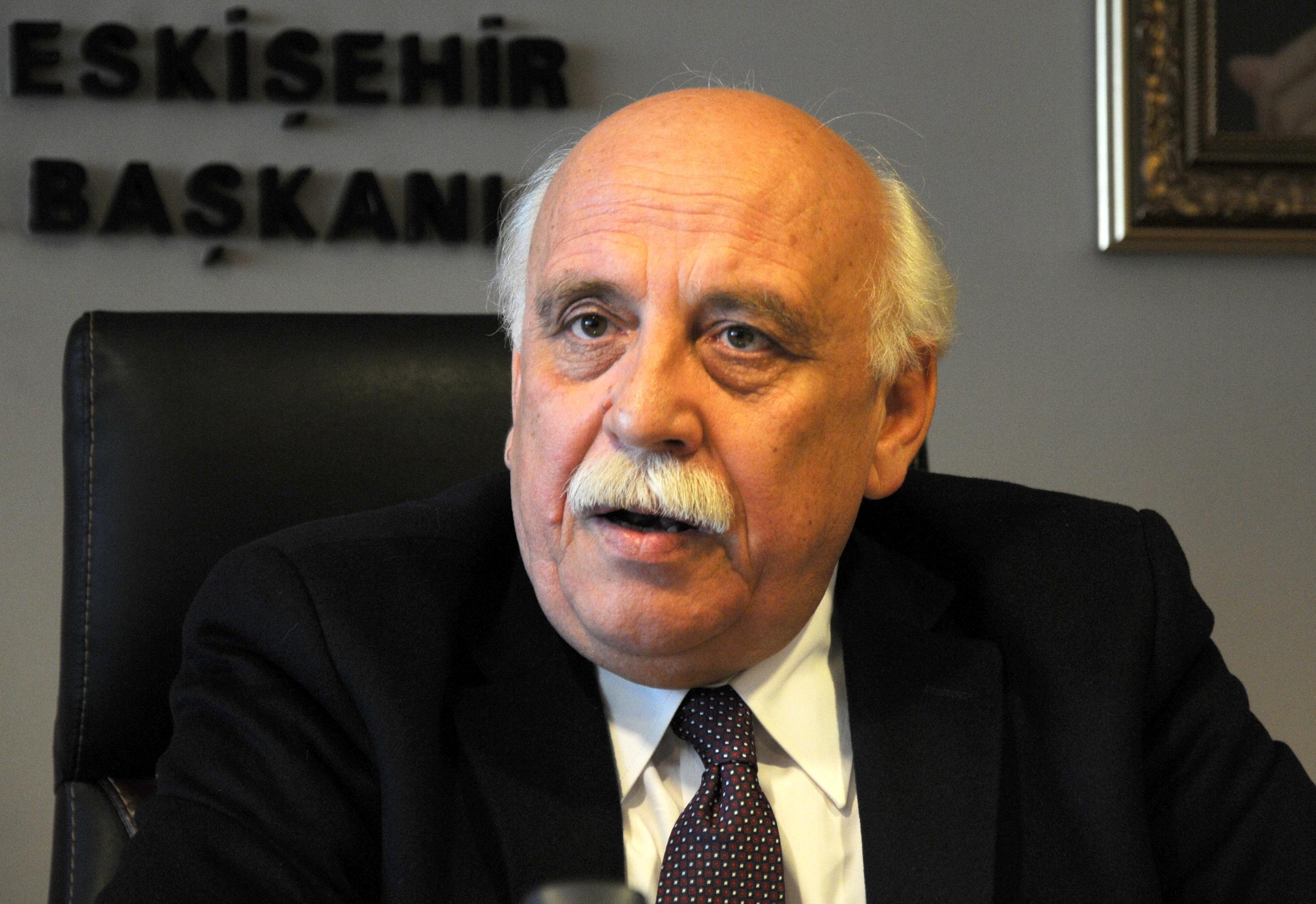 Avcı was the chairman of Parliament’s Education, Youth and Sports Commission before the reshuffle. He chaired the controversial commission meetings of a much-criticized education reform.
Avcı was the chairman of Parliament’s Education, Youth and Sports Commission before the reshuffle. He chaired the controversial commission meetings of a much-criticized education reform. Having served as the principal adviser to the prime minister, Avcı is also said to be close to Erdoğan.
Avcı has been a member of the administrative board of the Scientific and Technical Research Council of Turkey (TÜBİTAK) and has chaired the Turkish National Commission for UNESCO.
Who is Mehmet Müezzinoğlu ?
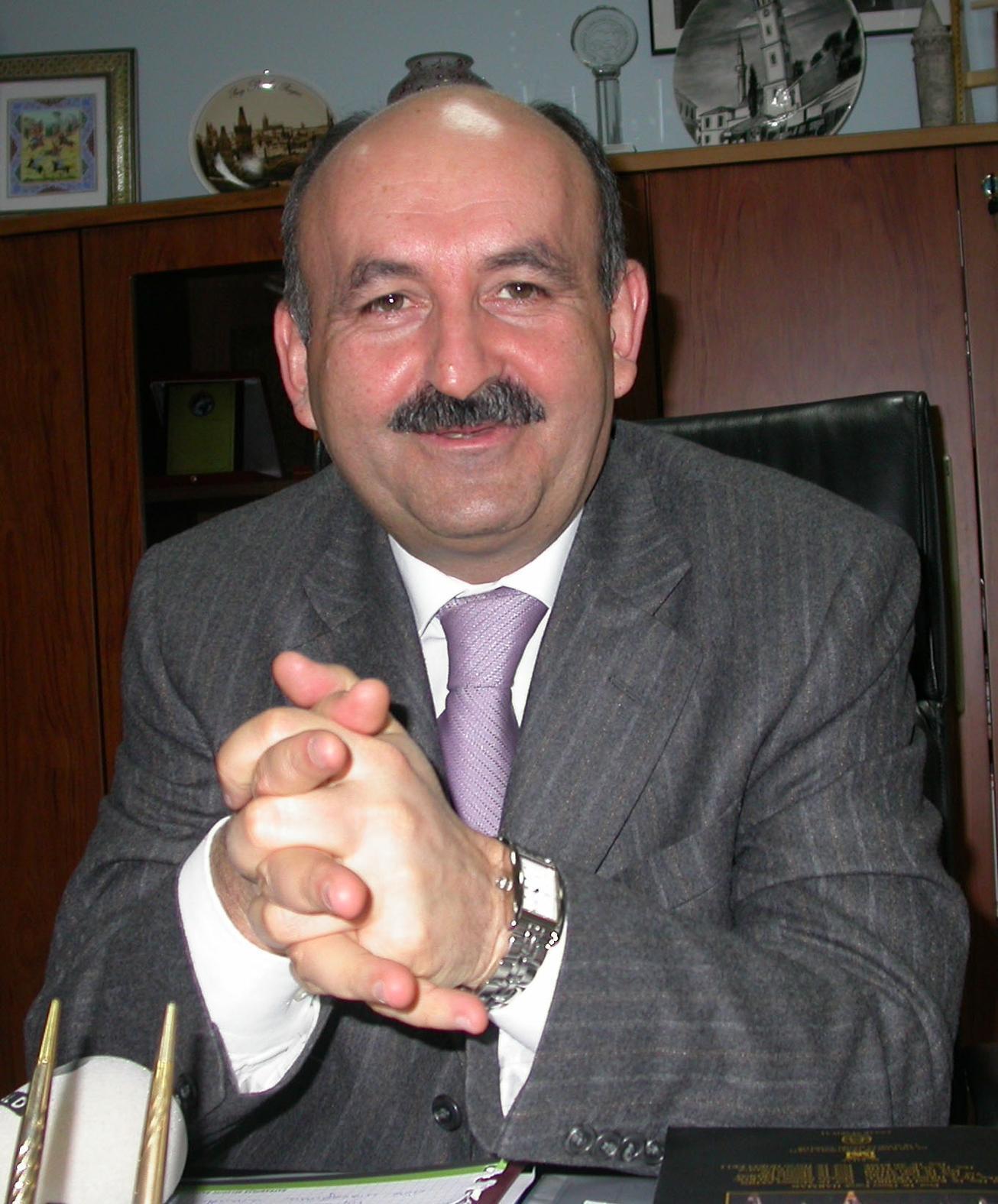 Müezzinoğlu is a former Istanbul provincial chairman of the AKP and one of Erdoğan’s close colleagues.
Müezzinoğlu is a former Istanbul provincial chairman of the AKP and one of Erdoğan’s close colleagues. Born in Komotini, Greece, to a family with Turkish roots, Müezzinoğlu studied medicine in Istanbul and became a doctor. Müezzinoğlu has been active in civil society and founded a cooperation and solidarity association among the Turkish minority from Western Thrace.
Müezzinoğlu speaks Greek, English and Arabic.
More centrist names in the cabinet
A change in the Turkish Cabinet has been the talk of the town for the last two months in the capital Ankara.
Two of the new names in the Cabinet have been working among Prime Minister Recep Tayyip Erdoğan’s closest team of advisors from day one.
Nabi Avcı, one of the ideologues of the ruling Justice and Development Party (AKP) is now the education minister, replacing Erdoğan’s former undersecretary, Ömer Dinçer, who was the target of criticism over the problematic appointments of school teachers and other bureaucratic problems.
Çelik, Erdoğan’s deputy in the party in charge of foreign relations, is now the new culture and tourism minister. He replaced Ertuğrul Günay, a successful minister in general with a social democratic background, but who was relatively outspoken in criticizing Erdoğan.
Muammer Güler is a former governor of Istanbul and the first undersecretary of public security. Being a deputy from the southeastern province of Mardin, which borders Syria, Güler is a moderate name according to the standards of security people, especially when compared to the man he replaced, İdris Naim Şahin, a hardliner, particularly on Kurdish policies.
Mehmet Müezzinoğlu, himself a physician like Recep Akdağ whom he replaced as health minister, is another moderate and modest name. Yet he has an interesting personal background. Born in Komotini, Greece, he is the child of an immigrant family and a former activist for the rights of Turks and people of Muslim origin in the Balkans and also speaks English, Greek and Arabic.
The new figures are considered in the political corridor as “fresh blood” for Erdoğan’s Cabinet before he gets prepared for three elections in quick succession, the local and presidential polls in 2014 and the parliamentary elections in 2015.



